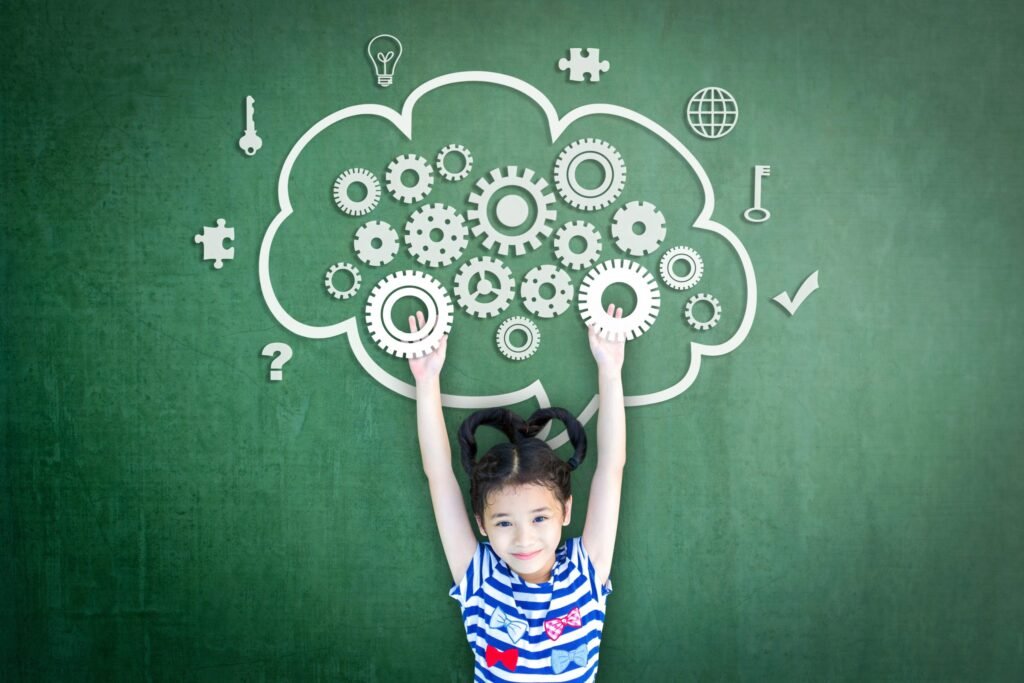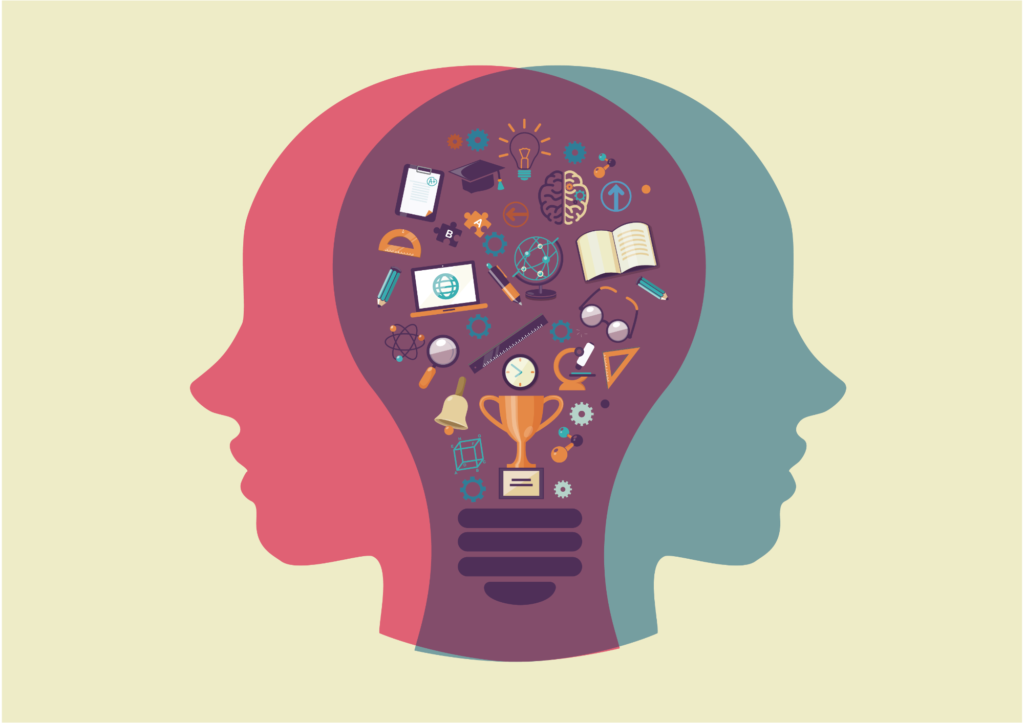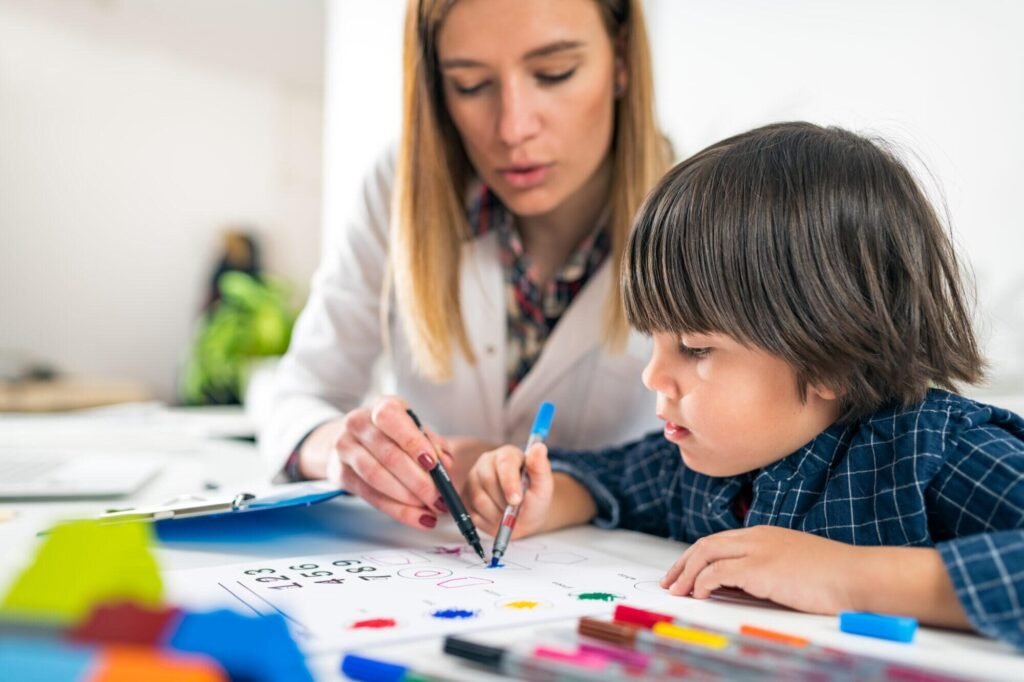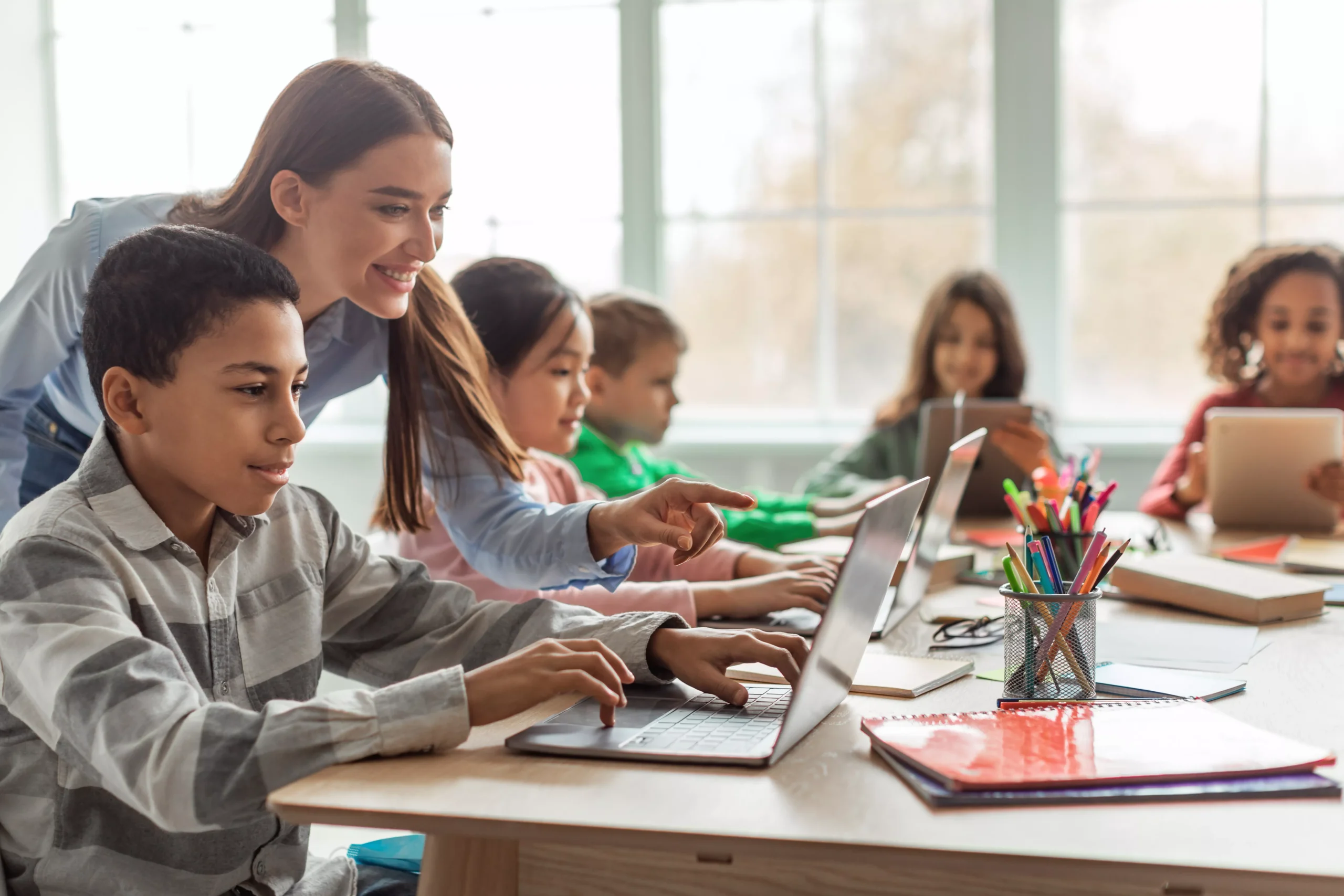Educational Psychology The goal of the diverse discipline of educational psychology is to improve learning through understanding how individuals learn.

Learning Theories
focuses on visible actions and the ways in which stimuli and reactions affect them. Important individuals are John Watson and B.F. Skinner.
highlights inward mental functions including memory and thought. Distinguished theorists include Jean Piaget and Lev Vygotsky.
recommends that via having experiences and thinking back on those experiences, students develop their own knowledge and comprehension of the world. Vygotsky and Piaget are two important contributors.
Motivation
Personal interests and other internal factors are examples of intrinsic motivation, whereas external factors like grades and praise are examples of extrinsic motivation.
emphasizes the importance of relatedness, competence, and autonomy in fostering motivation.
The significance of establishing precise and demanding objectives in elevating drive and output.
Cognitive Development
Preoperational, concrete operational, formal operational, sensorimotor, and formal phases.
highlights how culture and social interaction affect cognitive development.

Memory and Learning
Working memory, short-term vs long-term memory, and the encoding, storing, and retrieval processes.
methods like elaborate rehearsal, mnemonics, and spaced repetition.
Developmental Differences
being aware of the changes in learning and cognitive capacities from childhood to adulthood.
identifying and meeting a range of learning requirements, such as those related to neurodiversity, cognitive difficulties, and giftedness.

Behavioral Issues
Techniques for preserving an effective and encouraging learning environment.
methods for dealing with problems related to conduct. (PBIS).
Assessment and Evaluation
being aware of the objectives and procedures of various evaluation formats.
use a range of assessment instruments to identify and assist individuals who have learning difficulties.

Social and Emotional Development
The function of emotional control and awareness in social interactions and learning.
acquiring abilities in cooperation, empathy, and effective communication.
Conclusion
To sum up, educational psychology offers a fundamental comprehension of how people learn, grow, and function in learning environments. Through the investigation of critical domains like learning theories, motivation, memory, cognitive development, behavioral concerns, and social-emotional growth, educational psychology provides invaluable perspectives for optimizing pedagogy and elevating student achievements.
FAQs
What is educational psychology?
Learning styles and optimal teaching methods are the subjects of educational psychology. Its main goal is to develop better teaching strategies and student outcomes by comprehending the cognitive, affective, and social processes that go into learning.
How can educational psychology benefit teachers?
Effective teaching techniques, comprehension of student behavior, classroom management, and support for the varied learning requirements of students are all areas in which educational psychology can assist teachers. To address difficulties with learning, it also provides instruments for evaluation and assistance.
What is the Zone of Proximal Development (ZPD)?
Lev Vygotsky presented the idea of the Zone of Proximal Development. It stands for the variety of tasks that an individual learner can complete with assistance and direction but is still unable to complete on their own. This zone is the focus of effective instruction in order to optimize learning outcomes.
How does motivation affect learning?
Due to its impact on students’ involvement, perseverance, and performance, motivation is a critical component of learning. Students’ approaches to learning activities and their overall performance are influenced by both extrinsic (external rewards) and intrinsic (internal drive) motivation.
How can educators support students with learning disabilities?
By implementing specialized teaching techniques, individualizing instruction, and making adjustments and changes, educators can serve children with learning difficulties. It’s critical to determine each student’s unique needs and collaborate with special education specialists.



